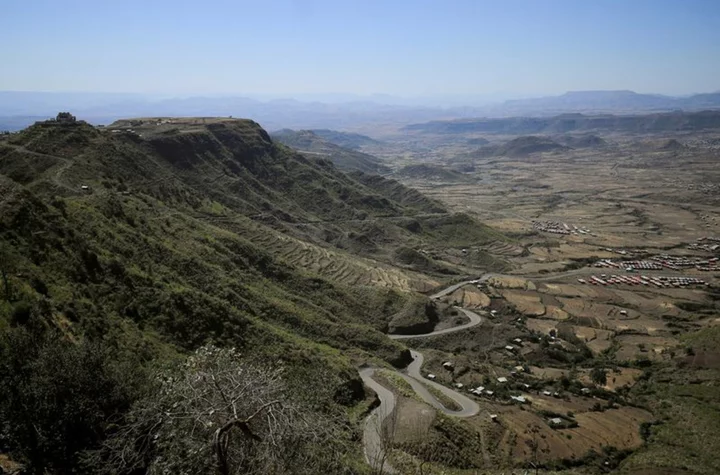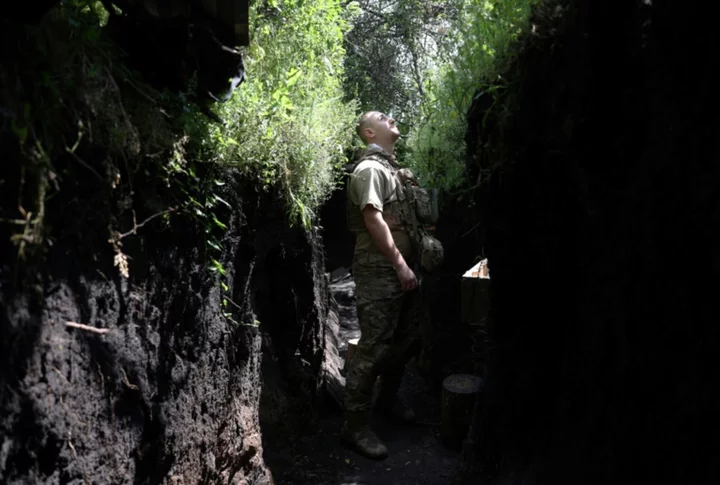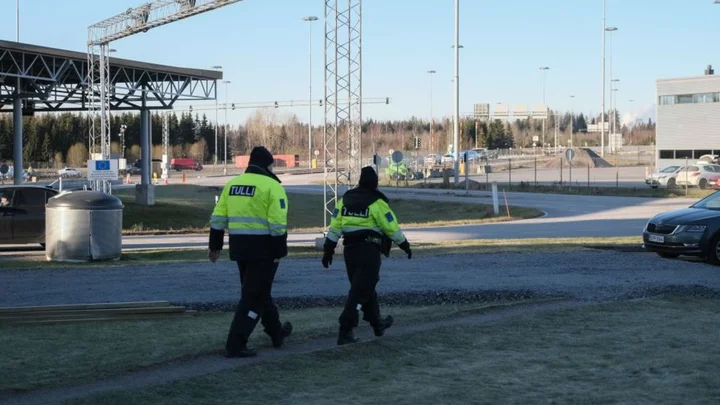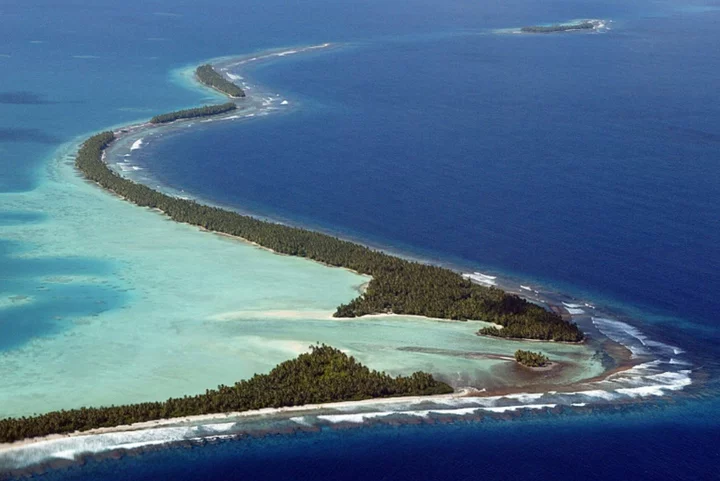By Dawit Endeshaw
ADDIS ABABA (Reuters) -Ethiopia's government on Friday declared a state of emergency in its second-largest region, Amhara, following days of clashes between the military and local Fano militiamen.
Fighting that broke out earlier this week has quickly become Ethiopia's most serious security crisis since a two-year civil war in neighbouring Tigray region ended last November.
Amhara's regional government on Thursday requested additional help from federal authorities to reimpose order.
"It was found necessary to declare a state of emergency as it had become difficult to control this outrageous activity based on the regular legal system," Prime Minister Abiy Ahmed's office said in a statement.
The declaration gives the government the power to ban public gatherings, make arrests without warrants, and to impose curfews.
Fano, a part-time militia that draws volunteers from the local population, was a key ally of the Ethiopian National Defense Force (ENDF) during the Tigray war.
But the relationship has soured, in part over recent efforts by federal authorities to weaken regional paramilitary groups. Some activists say this has left Amhara vulnerable to attack by neighbouring regions.
Two residents of Amhara's second-biggest city, Gondar, said on Friday that intense fighting took place the previous day near the university.
"ENDF first controlled the university, but they were pushed back by Fano. They were trying to advance to the center of the city, but they couldn't," said one resident.
The other, a local official, said the military had pulled back from the university but did not say why. Both asked not to be named for security reasons.
A Fano member, also speaking on condition of anonymity, said the militiamen were trying to encircle Amhara's capital Bahir Dar. He said they had captured Merawi, a town 30 km (18 miles) south of Bahir Dar.
Reuters could not independently confirm his claims. An ENDF spokesperson did not respond to a request for comment.
The United States and Canada advised their citizens in Amhara to shelter in place.
Mobile internet remained down in the region, residents said. Ethiopian Airlines had cancelled flights to three of the four airports it flies to in Amhara, an airline spokesperson said.
Violent protests erupted across Amhara in April after Abiy ordered that security forces from Ethiopia's 11 regions be integrated into the police or national army.
Protesters said the order was meant to weaken Amhara. The federal government denied this and said the objective was ensuring national unity.
Since coming to power in 2018, Abiy has tried to centralise power in a country with 11 regions that each enjoy a measure of autonomy.
The war in Tigray was rooted in tensions between regional and federal authority as well as old grievances between ethnic groups. Tens of thousands of people were killed and millions forced from their homes before a truce was signed.
(Reporting by Dawit Endeshaw; Writing by Aaron Ross; Editing by Toby Chopra and Angus MacSwan)









